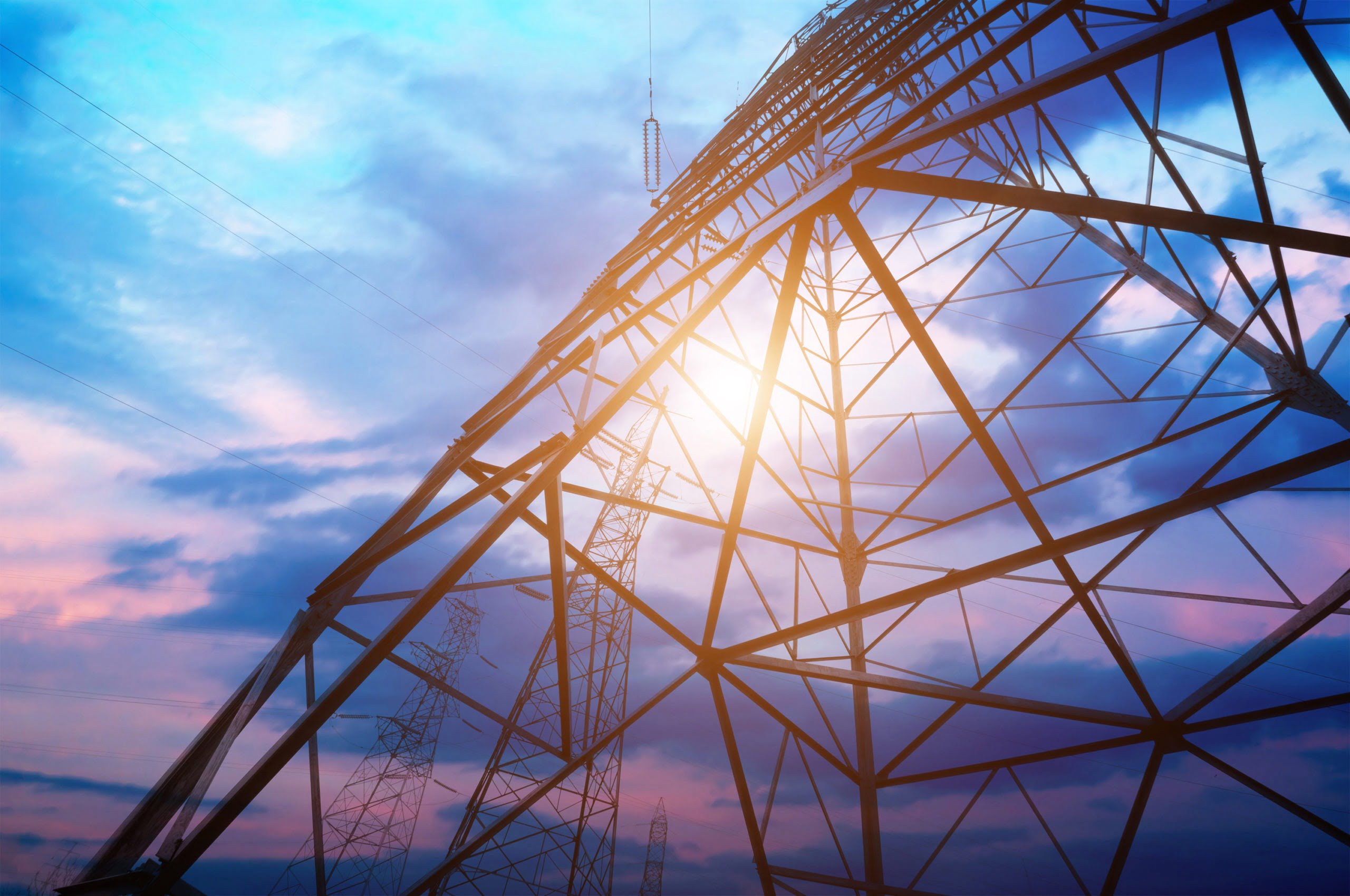
TNUoS costs: what businesses need to know
Here's everything you need to know about TNUos costs.
Please note: The information in this article is dated April 2021 and Ofgem has released further updates to the Targeted Charging Review (TCR) and Triad avoidance since this time. Updates for 2023 are summarised in this article here: Targeted Charging Review (TCR) Upcoming Changes for 2023.
Transmission charges (TNUoS) have been the subject of much focus in recent weeks. The confirmation of 2020/21 Triad periods has clarified TNUoS charges for the year ahead for many businesses, but changes to the future structure of these charges are suddenly in question, as Ofgem seeks to delay implementation of the Targeted Charging Review (TCR). Here’s what you need to know.
The year ahead
National Grid has announced the Triad periods for winter 2020/21, which will bring good news for businesses that successfully managed to avoid them, but potentially hefty charges for those who weren’t able to. Yet with changes on the horizon, the way your business mitigates the impact of winter peak periods may need to change – here’s what you need to know.
National Grid has now confirmed that the three Triad periods for 2020/21 were:
- Monday 7 December 2020 – 5pm-5.30pm
- Thursday 7 January 2021 – 5.30pm-6pm
- Wednesday 10 February 2021 – 6pm-6.30pm
Your organisation’s Transmission Network Use of System (TNUoS) rates for the coming year will be based on how much you consumed during these three half-hourly Triad periods. While the exact price you pay will depend on the location of your site(s), if your sites are located in the highest-cost regions (such as London) you could face charges of up to £59,267 per megawatt.
Future charges
If your business is one of many that successfully uses flexibility to avoid or reduce your Triad charges, you may have been able to keep your TNUoS costs relatively low this year. But the Triad system won’t be in place for much longer, as Ofgem’s Targeted Charging Review (TCR) determined that the system isn’t fair to those who cannot shift or reduce their consumption during Triad periods. The TCR has therefore prompted Ofgem to change the way they charge for residual costs, switching from a consumption-based residual charge calculated based on Triads to a fixed residual charge, which will be calculated using a banding system based on a site’s Agreed Supply Capacity, and voltage level.
These changes were set to come into force in April 2022, but Ofgem has recently written an open letter in which they propose delaying the implementation of the transmission element of TCR changes until April 2023 to give businesses more time to adapt their arrangements to the new charges.
As local elections are set to take place on 6th May 2021, Ofgem cannot launch a consultation on this proposal yet due to the rules of purdah – however, we expect that the consultation will receive widespread support from stakeholders when it is launched shortly after the election date.
This means the actions you take to reduce your TNUoS costs may need to change over the coming years. Here’s how you can take action to:
Avoid high TNUoS costs now
The Triad system will still be in place over winter 2021/22, with forecast rates ranging from £20,632/MW – £63,007/MW depending on your region, and it’s now likely that Triads will continue to operate for the following winter (2022/23). If you are able to shift your consumption to avoid peak demand periods between November and February, you should therefore continue to do so while the Triad system is in place. If you haven’t already, then you should also consider signing up for a Triad alert service, which will send you an alert to turn down your consumption when demand is forecast to trigger a Triad risk.
If you don’t have the flexibility to reduce your consumption during peak periods, you don’t need to resign yourself to higher TNUoS rates. Focus on reducing your overall consumption wherever possible, as by using the amount of energy you use in general you should be able to minimise the amount you use during Triad periods too.
Before the TCR changes come into place, you should also review your Agreed Supply Capacity to ensure that it is set at the right level for your business. If it’s higher than it needs to be, then you could be allocated to a higher banding and face higher residual charges under the new fixed cost charging system. You should therefore check that your Agreed Supply Capacity is set at the right level before these changes come into force.
Minimise your TNUoS costs in the future
The first thing you should do to prepare for the TCR changes is to ensure that you stay up to date with new developments, as it’s important to ensure you’re prepared whenever they come into force – whether that’s April 2022 or April 2023.
To minimise the future cost impact, you should continue to regularly review your Agreed Supply Capacity to ensure that it’s always set at the right level. If your business is implementing energy efficiency measures, for example, or invests in on-site generation, then you may find that you’re using significantly less grid energy in two years’ time than you are now. It’s therefore important to regularly compare your typical consumption against your Agreed Supply Capacity, so you can adjust it whenever necessary to avoid excessive residual charges.
It’s also important to remember that winter peak periods will still bring high costs, even once the Triad system ends, as Capacity Market charges will continue to impact your bill. If your supplier calculates your Capacity Market charges based on your consumption during peak periods, it’s therefore crucial to continue to focus on avoiding these periods if possible and reducing your overall consumption as much as you can.
Support from our industry insiders
We know that many organisations are facing increased financial pressures right now, but with a little bit of support, you can make sure that your business doesn’t face hefty winter energy bills. Our energy experts can help you to take action to reduce your costs all year round – whether that’s by supporting you to improve your energy efficiency and reduce your overall consumption, or by reviewing your Agreed Supply Capacity to ensure it’s set at the optimum level.
To find out more about how we can support your business, call us on 01772 689250.










